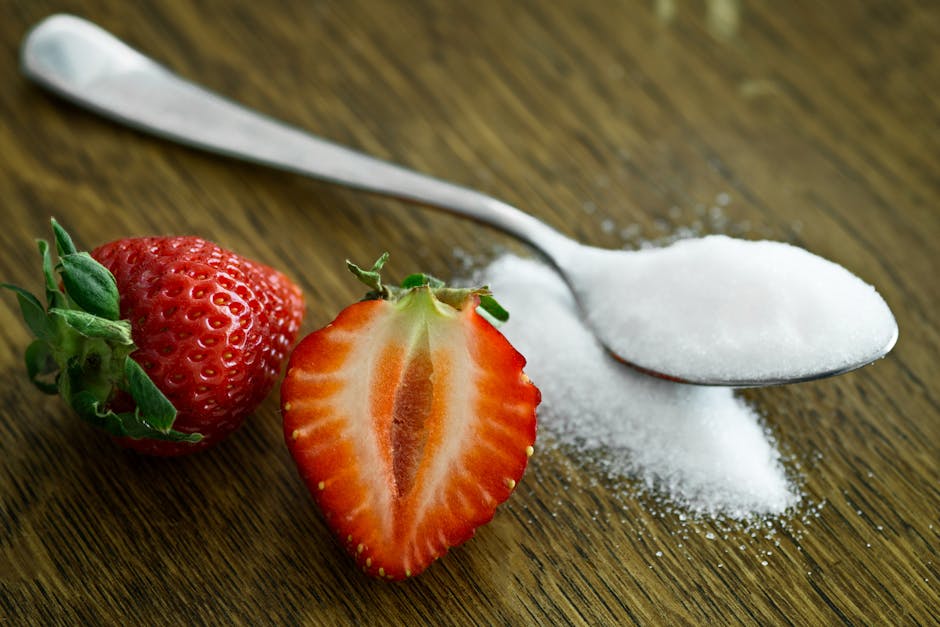In a world where sugar is often blamed for obesity, diabetes, and other health issues, artificial sweeteners have become a popular alternative. But beyond their calorie-cutting appeal, new research suggests that replacing sugar with artificial sweeteners might offer an unexpected benefit: enhancing the health of your gut microbiome.
The gut microbiome—home to trillions of bacteria, viruses, and fungi—plays a vital role in digestion, immunity, and even mental health. A balanced microbiome is essential for overall well-being, and disruptions to this ecosystem have been linked to conditions like irritable bowel syndrome (IBS), obesity, and depression.
Recent studies are shedding light on how artificial sweeteners, often criticized for their potential risks, might actually support a healthier gut environment. Here’s what the science says.
The Downside of Sugar
Excessive sugar consumption is a known culprit in disrupting the gut microbiome. High-sugar diets can lead to an overgrowth of harmful bacteria while starving beneficial ones. This imbalance, called dysbiosis, can result in inflammation, weight gain, and metabolic disorders.
Artificial sweeteners, however, offer a low-calorie or calorie-free alternative to sugar. Common options include aspartame, sucralose, stevia, and monk fruit extract. While they’ve faced scrutiny, emerging research suggests that some artificial sweeteners might actually benefit the gut microbiome.
The Benefits of Artificial Sweeteners
A 2023 study published in Gut Microbes found that certain artificial sweeteners, particularly stevia and monk fruit extract, can promote the growth of beneficial gut bacteria while reducing harmful microbes. These sweeteners act as prebiotics, feeding good bacteria and restoring gut balance.
Another study from the University of Calgary revealed that replacing sugar with artificial sweeteners in a high-fat diet reduced gut inflammation and improved metabolic health in mice. Researchers linked these benefits to a more diverse and resilient gut microbiome.
Not All Sweeteners Are Equal
While the findings are promising, not all artificial sweeteners have the same effect. Sucralose and aspartame, for example, have shown mixed results in gut health studies, with some research suggesting potential harm.
Stevia and monk fruit extract, on the other hand, are plant-based sweeteners that consistently show benefits in early studies. They’re also considered more natural options, appealing to health-conscious individuals.
Tips for a Healthier Gut
If you’re considering switching from sugar to artificial sweeteners, here are some practical tips:
1. Choose Wisely: Opt for plant-based sweeteners like stevia or monk fruit extract.
2. Moderation is Key: Avoid overconsumption, even with artificial sweeteners.
3. Pair with Probiotics: Combine sweeteners with probiotic-rich foods like yogurt or kefir.
4. Listen to Your Body: Monitor how your body reacts to different sweeteners.
The Bottom Line
Replacing sugar with artificial sweeteners could be a simple way to improve your gut microbiome and overall health. While more research is needed, early evidence is encouraging. Make informed dietary choices and consult a healthcare professional to find the right balance for your well-being.
In the quest for better health, cutting back on sugar might not just benefit your waistline—it could also be a boost for your gut.




